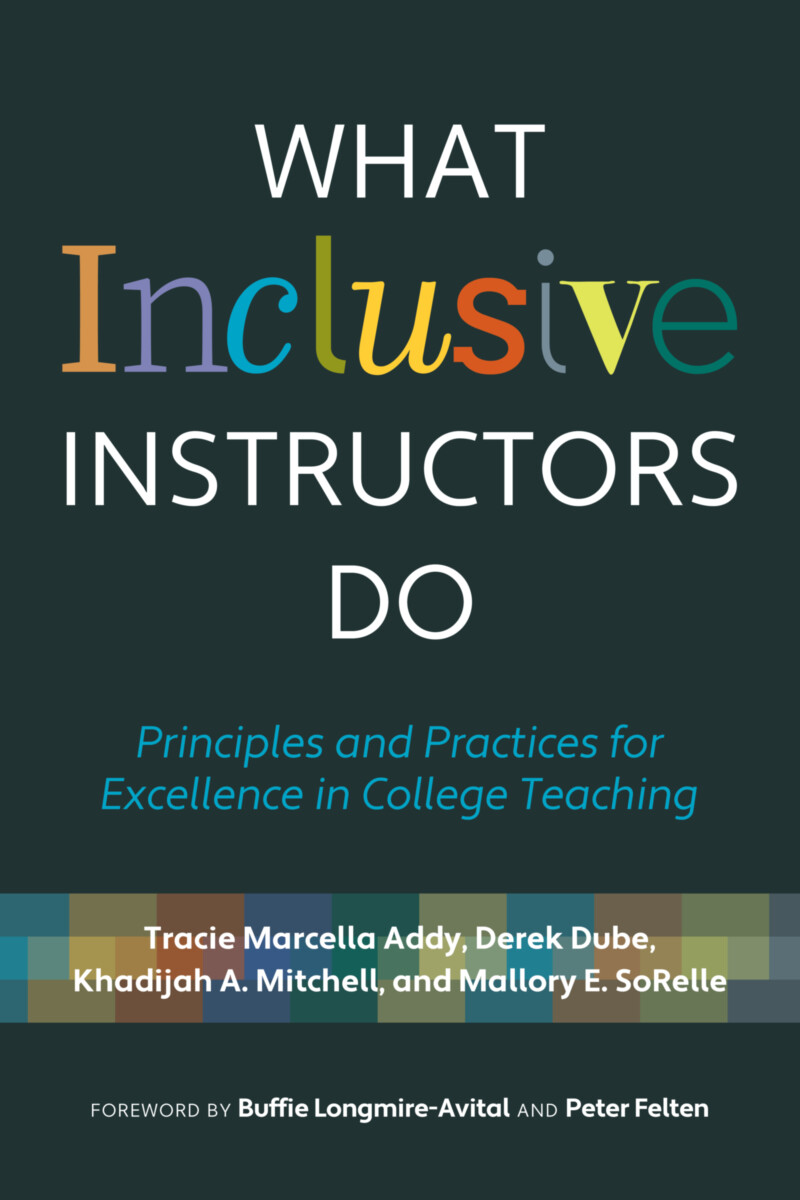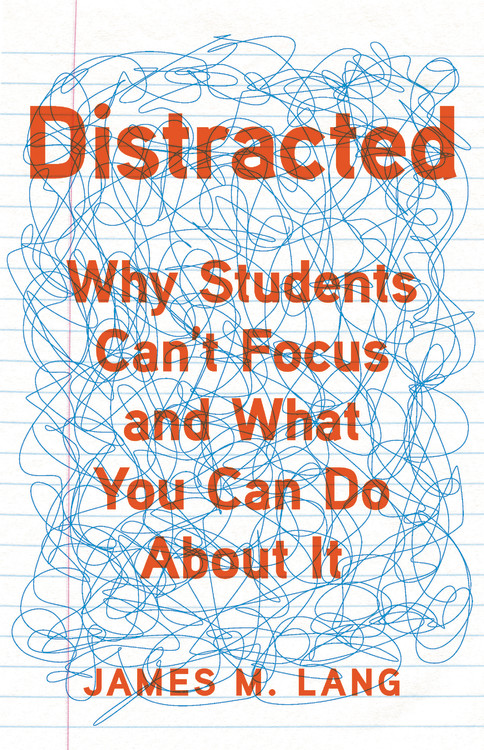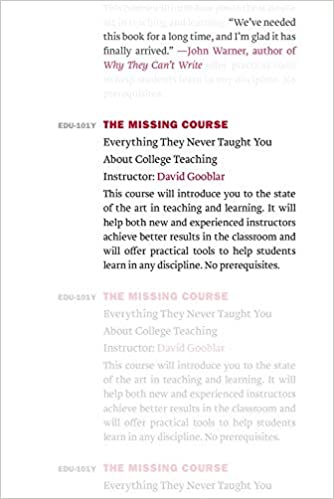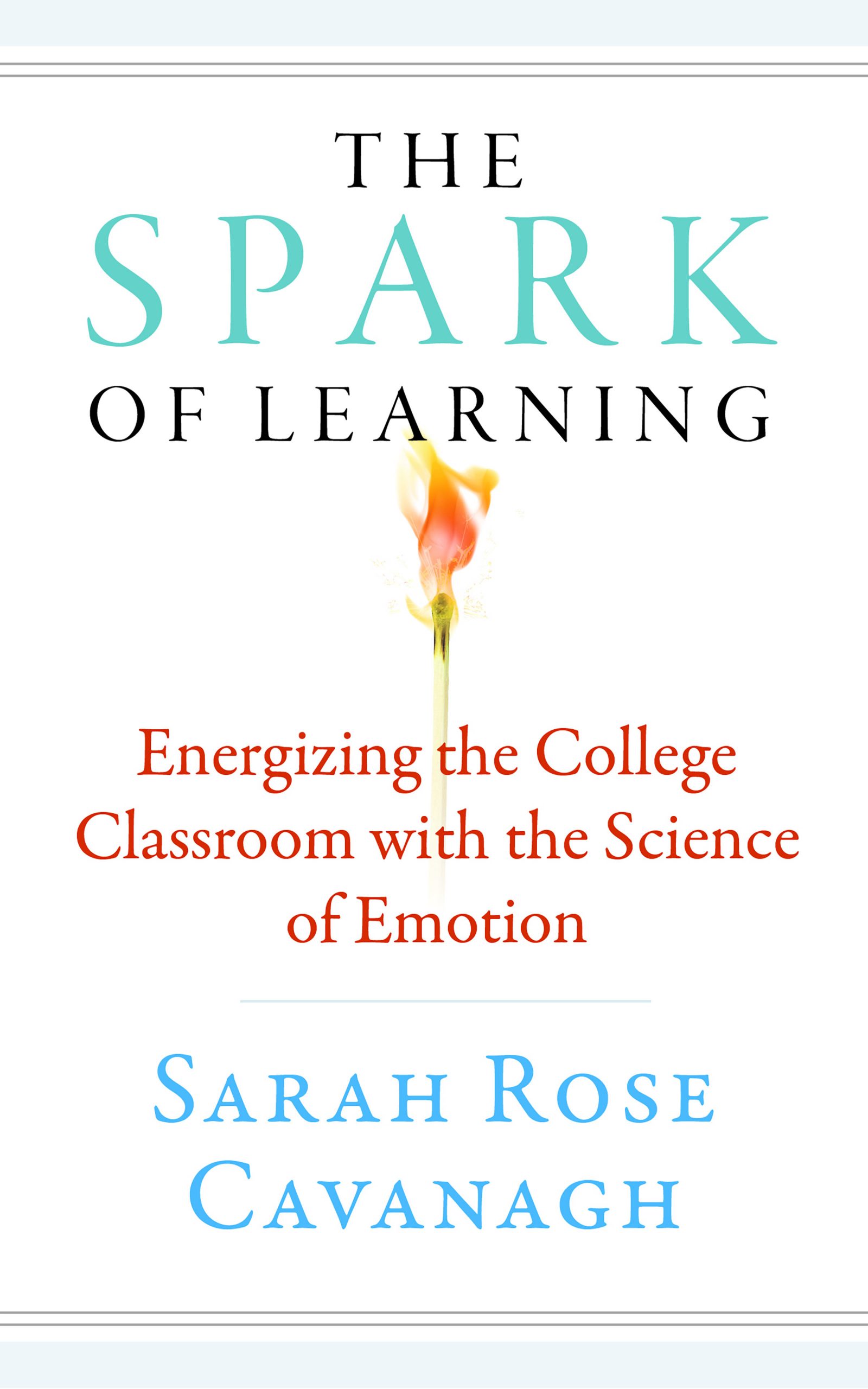Connecting Old Knowledge and New
The book How Learning Works (a frequent CAT reading group selection) begins with this fundamental principle: Learning must be built on prior knowledge. When we learn, we are “interpreting incoming information and…perceptions through the lens of…existing knowledge, beliefs, and assumptions.” To learn effectively, students must connect what they learn to what they already know; but incomplete or inaccurate prior knowledge or assumptions can hinder learning instead of help it. What students already know can also stymie their learning even if it’s not wrong, but inappropriate to a new context, like “faux amis” in language instruction, or nonscientific usage of the words “force” or “mass.”
Before we can correct or re-contextualize, and help students build on more solid foundations, we need to identify our students’ misconceptions and preconceptions. Questions that ask students to make predictions, or anticipate future learning, can be opportunities to uncover misconceptions and pique students’ curiosity. Non-graded prior knowledge probes and diagnostic writing can also be useful tools for pinpointing potential obstacles. Even if there’s not a validated concept inventory for your subject matter, you probably have a sense of common errors from reviewing students’ work.
Once we’ve identified the gaps, we also need strategies for overcoming cognitive hurdles like confirmation bias. As Gooding and Metz (2011) explain, “the brain files new data by making connections to existing information. If this new information does not fit the learner’s established pattern of thinking, it is refashioned to fit the existing pattern… Brain connections are strengthened when revisited or rehearsed, so each false practice fortifies the misconception—making it even more resistant to change.” Merely presenting the correct information does nothing to dispel misconceptions, so it’s critical that we help students become aware of gaps and errors in their learning, then work explicitly to adjust them.
This can be challenging. Students may find the necessary cognitive conflict to be destabilizing. A novel approach to lowering the stress of exposing errors is to have students blunder intentionally and then share the errors, so that they learn what they’re all doing wrong. More conventionally, students can make progress by discussing their conceptual frameworks, providing evidence for their beliefs and finding ways to test them, and examining what they’re accepting as evidence. In some courses, they may benefit from drawing concept maps. Students will need repeated practice with the new concepts, and reflection on the evidence that contradicts their prior assumptions or practices. They will need to reason through the new models and ideas, so that they fully understand why a new framework is more appropriate to the context. This way, they can build stronger foundations and connections for deeper learning, and they’ll have better methods for testing, and for explaining, what they believe to be true.
Fall Faculty Reading Groups
This semester, CAT is offering the following faculty reading groups. Each group will meet once a week for three weeks to discuss the books in sections. We hope you can join us! Please register for Fall faculty reading groupshere.
What Inclusive Instructors Do: Principles and Practices for Excellence in College Teaching
 Thursdays: 9/22, 9/29, 10/6
Thursdays: 9/22, 9/29, 10/6
2:00–3:30 p.m. in 432 DIF
Print copy, delivered through interoffice mail
Click here to explore the book What Inclusive Instructors Do.
Distracted: Why Students Can’t Focus and What You Can Do About It
 Fridays: 9/23, 9/30, 10/7
Fridays: 9/23, 9/30, 10/7
2:00–3:30 p.m. in 432 DIF
Print copy, delivered through interoffice mail
Click here to explore the book Distracted.
The Missing Course: Everything They Never Taught You about College Teaching
 Thursdays: 10/13, 10/20, 10/27
Thursdays: 10/13, 10/20, 10/27
2:00–3:30 p.m. in 432 DIF
Print copy, delivered through interoffice mail
Click here to explore the book The Missing Course.
The Spark of Learning: Energizing the College Classroom with the Science of Emotion
 Fridays: 10/14, 10/21, 10/28
Fridays: 10/14, 10/21, 10/28
11:00–12:30 p.m. in 432 DIF
Print copy, delivered through interoffice mail
Click here to explore the book The Spark of Learning.



